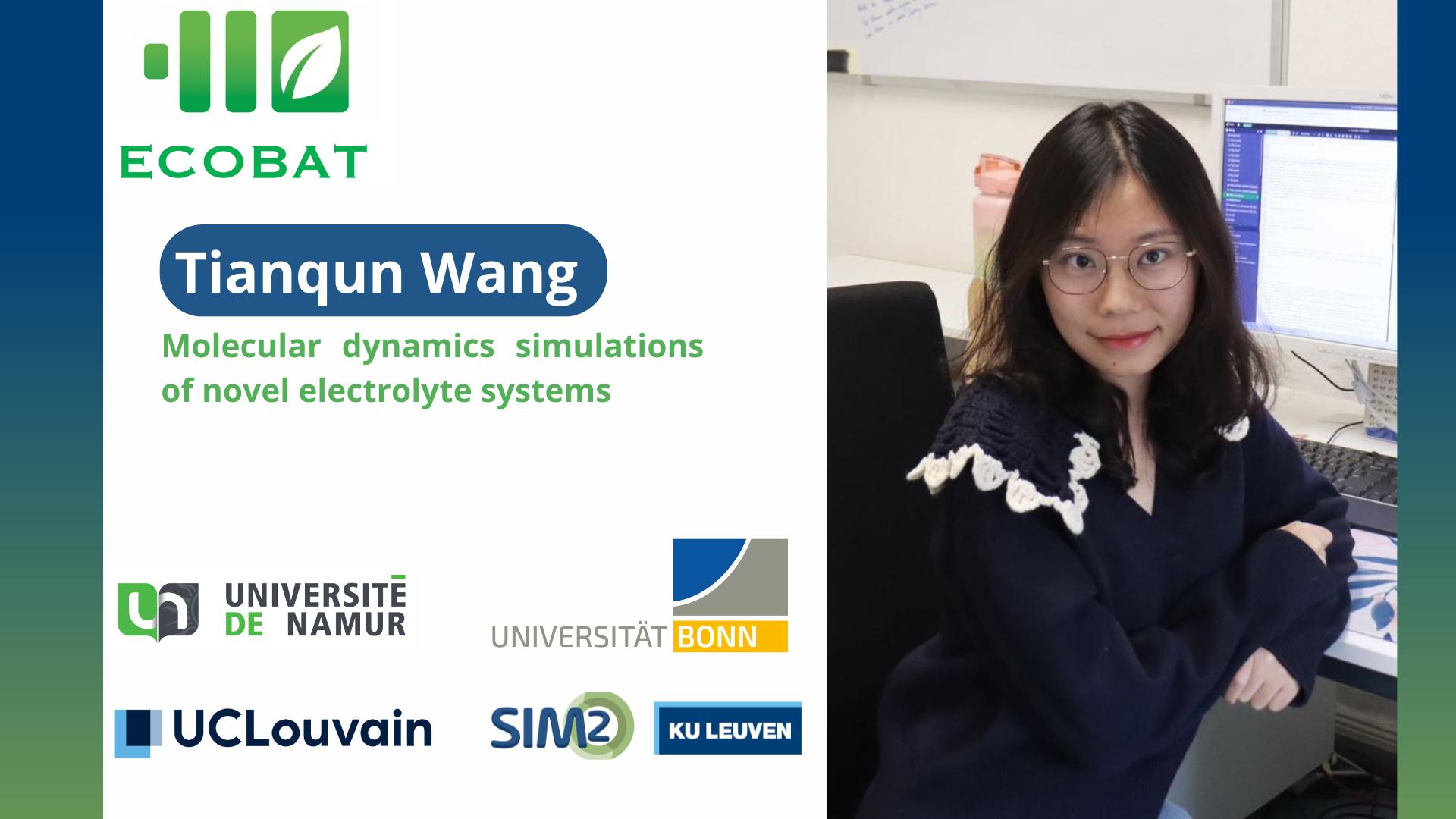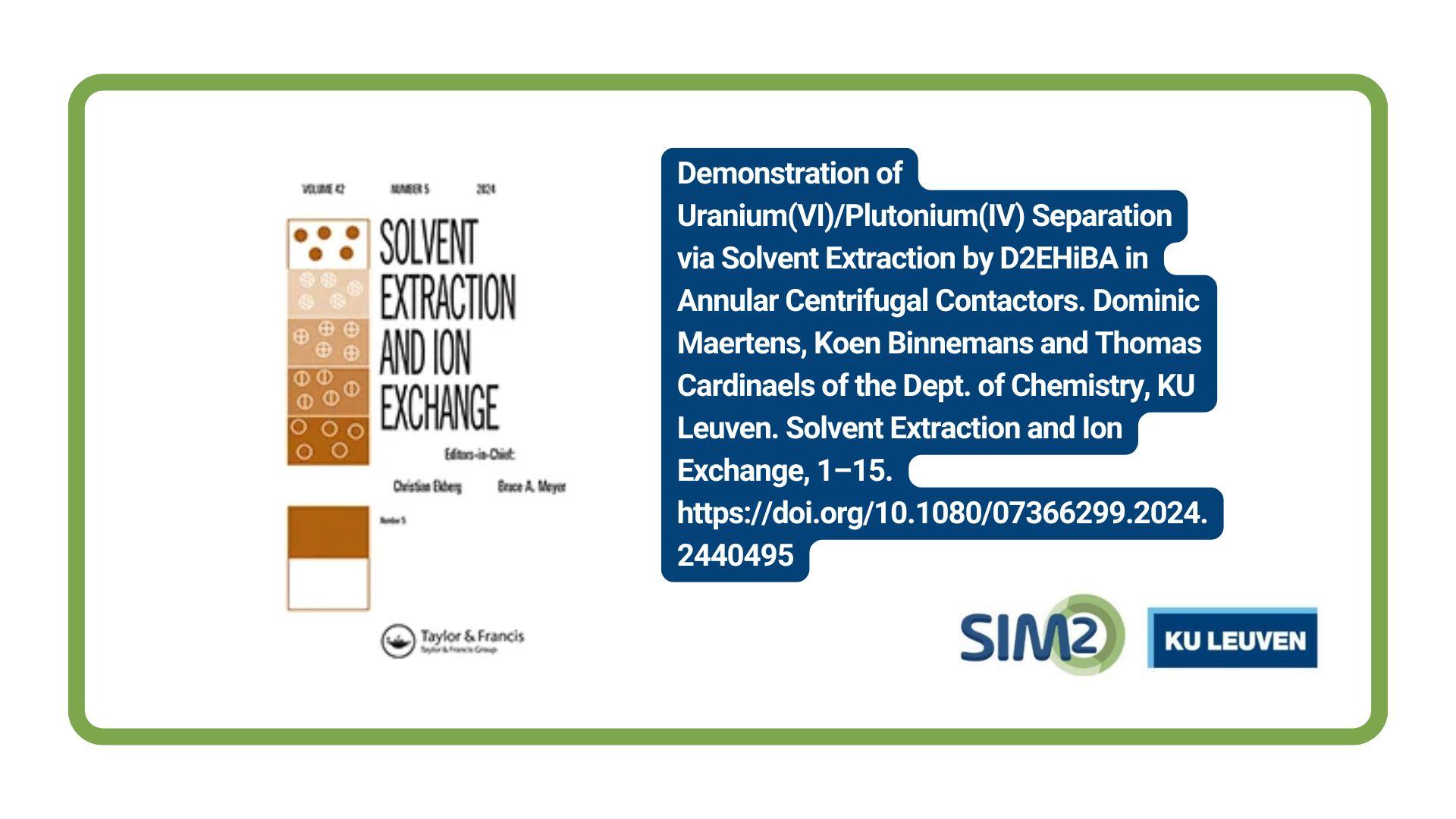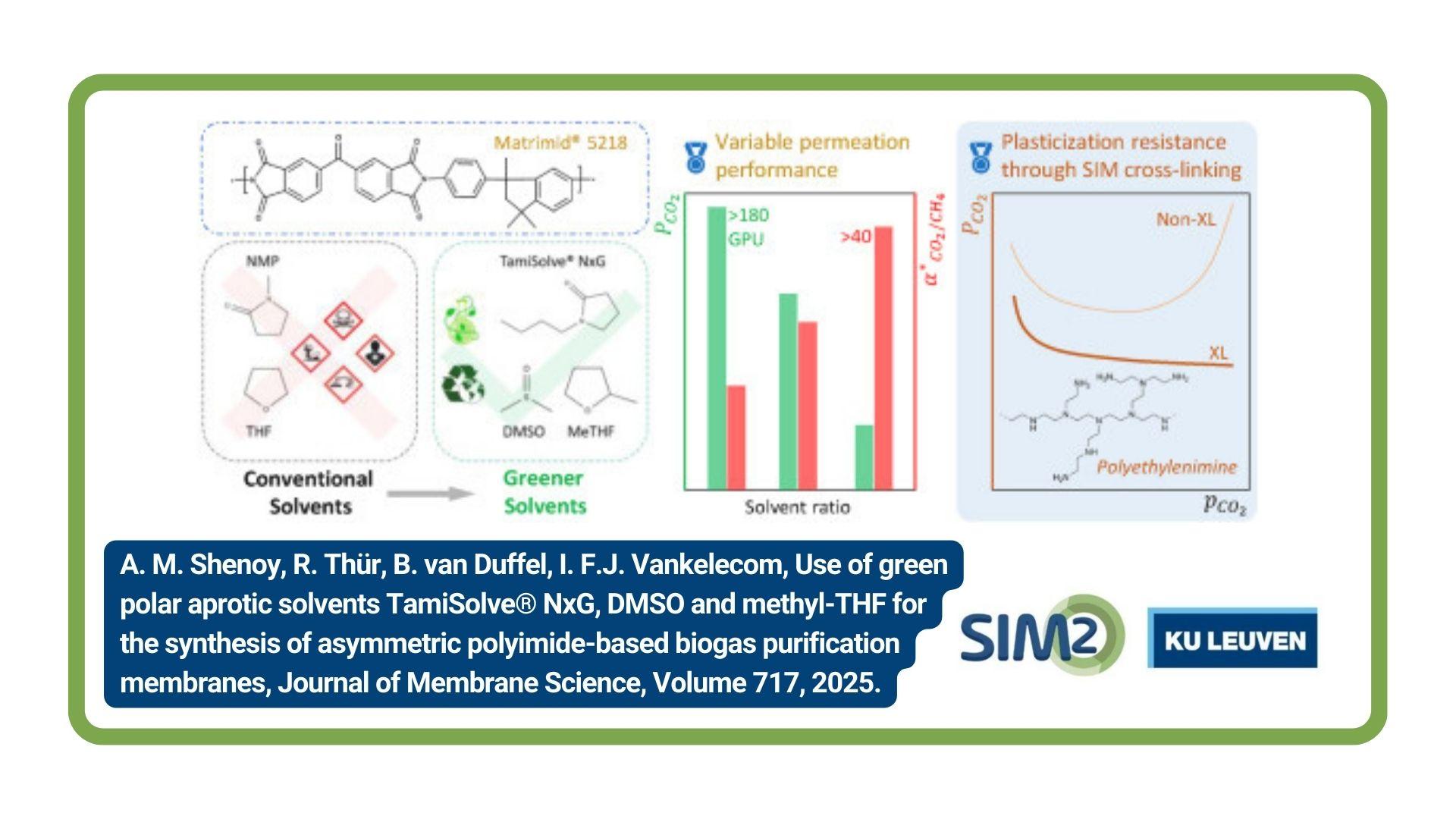SOLVOMET/SIM2 KU Leuven and VITO researchers developed a process to recover copper, zinc and lead from chloride leachates of photovoltaic panel residues. The work, which was published in RSC Advances, was performed in the framework of the H2020 MSCA-ETN SULTAN (https://etn-sultan.eu/) and PEACOC projects (https://www.peacoc-h2020.eu/).
The increase in photovoltaic panel installations in Europe will generate vast amounts of waste in the near future. Therefore, it is important to develop new technologies that allow the recycling of end-of-life photovoltaic panels. This material can serve as a secondary resource, not only for precious metals (e.g. silver), but also for base metals.
Experimental results
In this work, the extraction and recovery of the base metals copper, zinc and lead from a copper-rich photovoltaic panel residue was investigated. The material was first leached at 80 °C under microwave irradiation with a mixture of hydrochloric acid, sodium chloride and hydrogen peroxide solutions.
Based on the Box–Behnken factorial design optimisation, it was possible to extract 81.2% of Cu, 96.4% of Zn and 77.6% of Pb, under the following leaching conditions: [HCl] = 0.5 mol L−1, [NaCl] = 200 g L−1, [H2O2] = 7.5 wt% and t = 60 min.
Cementation with iron powder at a 1.2 iron-to-copper stoichiometric ratio allowed the recovery of copper nearly quantitatively (99.8%) as a copper–iron sediment.
The gas–liquid separation technique of ion flotation was employed to separate lead and zinc from the dilute copper-free leachate. Cetyltrimethylammonium bromide (CTAB), a cationic surfactant, selectively recovered lead (99.4%) over zinc as lead(II) tetrachloro cetyltrimethylammonium colloid, after eight ion flotation stages and [CTAB]total = 7.2 mmol L−1.
The zinc that remained in the solution after the ion flotation step was recovered by precipitation and by adding sodium sulfide at 110% of the stoichiometric amount after removing iron as ferric hydroxide by slowly raising the pH to 3.7.
Full reference of paper
Xanthopoulos P., Bevandić S., Spooren J., Binnemans K., Kukurugya F. Recovery of copper, zinc and lead from photovoltaic panel residue. RSC Advances, 2022, 12(4), 2351-2360. DOI: 10.1039/D1RA09268E
Acknowledgements
The research leading to these results has received funding from the European Union’s EU Framework Programme for Research and Innovation Horizon 2020 Programmes under Grant Agreements no. 812580 (SULTAN) and no. 958302 (PEACOC).





